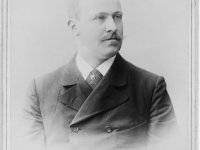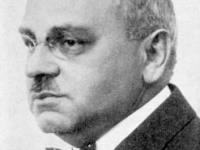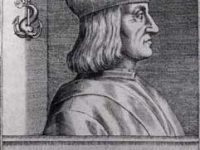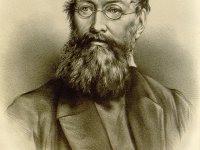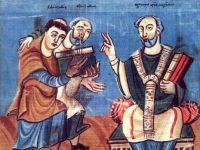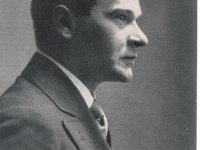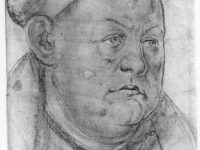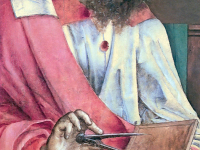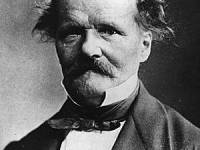Erich von Drygalski’s Antarctic Expeditions
On February 9, 1865, German geographer, geophysicist and polar scientist Erich Dagobert von Drygalski was born. Drygalski discovered a volcano, free of ice, on the Antarctic continent. He named it Gaussberg, after the name of his research ship Gauss in which he led the German South Polar Expedition (1901-03). Background Erich von Drygalski Erich von Drygalski was born in Köningsberg, East Prussia. At age 17, Drygalski began to study mathematics and natural science at…
Read more

